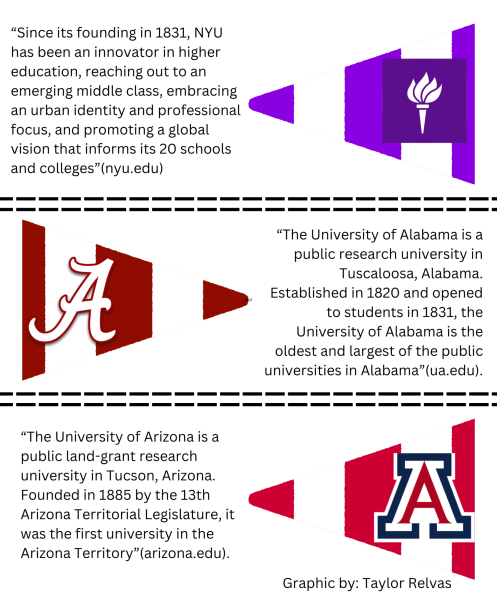Trust in media being tested amidst coronavirus pandemic
The COVID-19 outbreak has been putting reporters on the front lines to fight for information when covering an unprecedented virus. The virus has allowed reporters to crank out important stories, but has also provided many more opportunities for misinformation to flourish and circulate. Who can you trust in the midst of a deadly pandemic?
There is no doubt that the lives of the typical citizen have been altered by the outbreak and spread of COVID-19. As an increasing number of people are applying for unemployment due to their non-essential business having to face closure, the jobs of those working in essential businesses become much more crucial not only for our well-being, but for economic stimulation as well.
With an ever-changing virus that shows no signs of slowing anytime soon, people are desperately searching the news for any new information on this unpredictable virus. In this uncertain time, it has become evident that the job of a reporter is crucial in order to educate ourselves as well as lead our daily lives.
But in a world where misinformation is spreading like wildfire, how do consumers know who to trust?
The coverage of the coronavirus outbreak has had its ups-and-downs to say the least. Given the handful of conspiracy theories that have reached the surface there is “barely an area left untouched by disinformation in relation to the COVID-19 crisis,” Director for Policies and Strategies regarding Communication and Information at United Nations Educational, Scientific and Cultural Organization Guy Berger explains.
Rather, coverage now has taken a halt as publication companies shift their focus to reporting on all things concerning the coronavirus.
“Globally, a quarter of economic news coverage mentions the coronavirus in some way, reflecting its outsized impact on the world economy,” Kalev Leetaru of Real Clear Politics reports.
In some ways, the widespread coverage of coronavirus has helped tremendously. Rather than just relying on the Centers for Disease Control to make one universal statement, news channels nationwide are taking their information and broadcasting it frequently in order to preserve the lives of those who may need it most. However, news can become highly skewed and uncredible in this situation, and consumers may reach the common predicament of not knowing what to believe.
As briefly mentioned earlier, a handful of conspiracy theories have emerged as a result of this outbreak, so much so that the Canadian Broadcasting Corporation (CBC) has warned consumers to be cautious of their news intake. However, more controversially, they have also advised family, friends, and children to correct a misinformed relative who may have found themselves subject to believing in these theories.
These conspiracy theories include Microsoft’s Bill Gates, and why some believe his 2015 TED Talk regarding how the United States may not be ready for a pandemic shows how he predicted the coronavirus, or even created the coronavirus, some believe that coronavirus is being spread via 5G towers, and some believe that it was created in a Wuhan laboratory.
Regarding the laboratory conspiracy theory mentioned, consumers have found themselves at a divide on who or what to believe.
For example, The Guardian, Forbes, and ABC News provide testimonies from various scientists explaining that it is highly unlikely that the coronavirus was lab-originating, with Life Science Editor-in-Chief Jeanna Bryner providing another explanation to disprove this entirely. On the other hand, we have Fox News reporting that various sources informed them that the virus did originate in a Wuhan laboratory as means of China to compete with the United States. On that spectrum, the often unreliable yet popular news source InfoWars is in complete belief of this conspiracy.
“As Fox News sources confirmed last night, the coronavirus was indeed leaked from a laboratory in Wuhan,” using that source’s data, InfoWars reporter Paul Joseph Watson jumps to the claim that, “so to say it was ‘manufactured’ isn’t even much of a stretch. The virus was literally created in a lab.”
This is a prime example of information becoming skewed as people jump to make inferences. Naturally, humans tend to be quite wary of the unknown, and because journalists are human, jumping to conclusions given a small piece of evidence is only human nature.
However, that is not to say that people should not be held accountable for their own actions. If a publication spreads incorrect information, the source should be held accountable and revise their work accordingly.
While staying safe and indoors, it is important to monitor your news intake to ensure safety for the long run.

Isabel Behrendt is a senior and is a third-year newspaper student and double-truck editor. This year, she will be covering world language. When she is...




